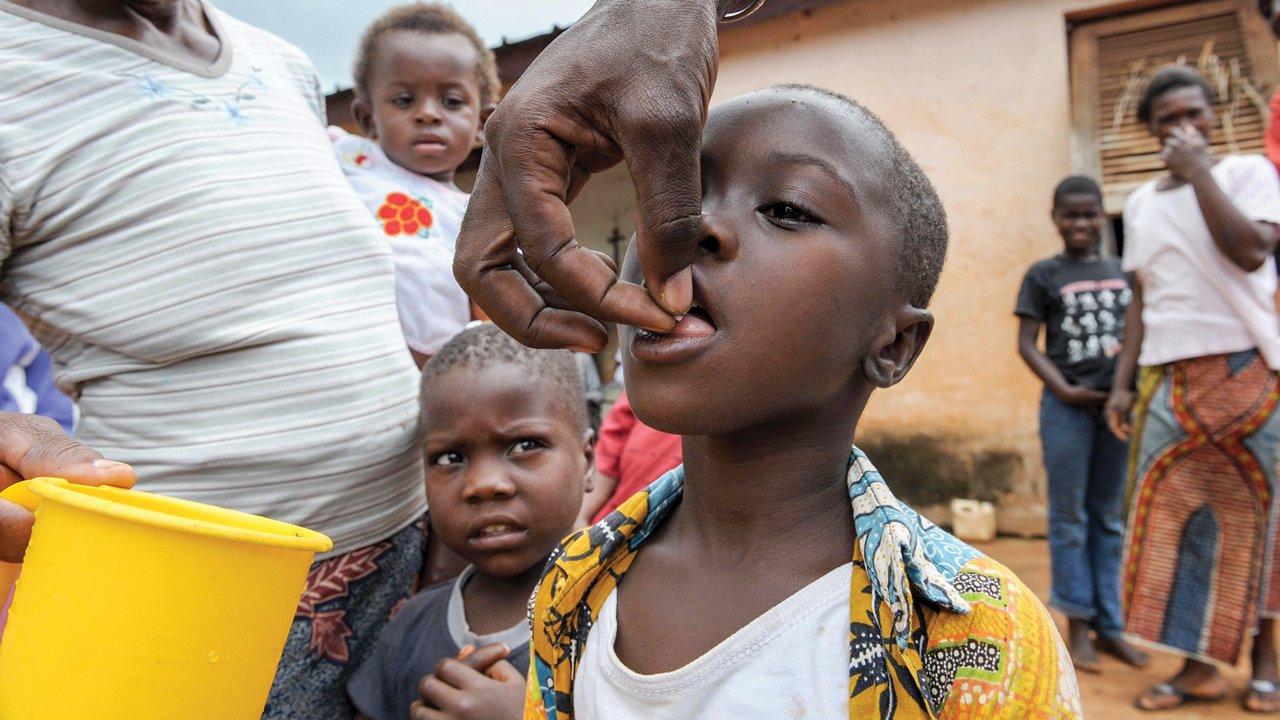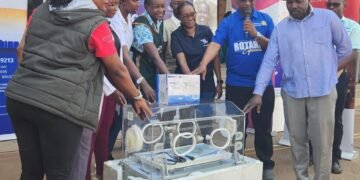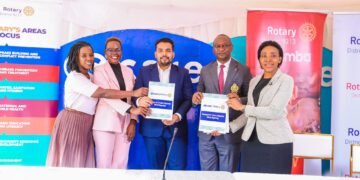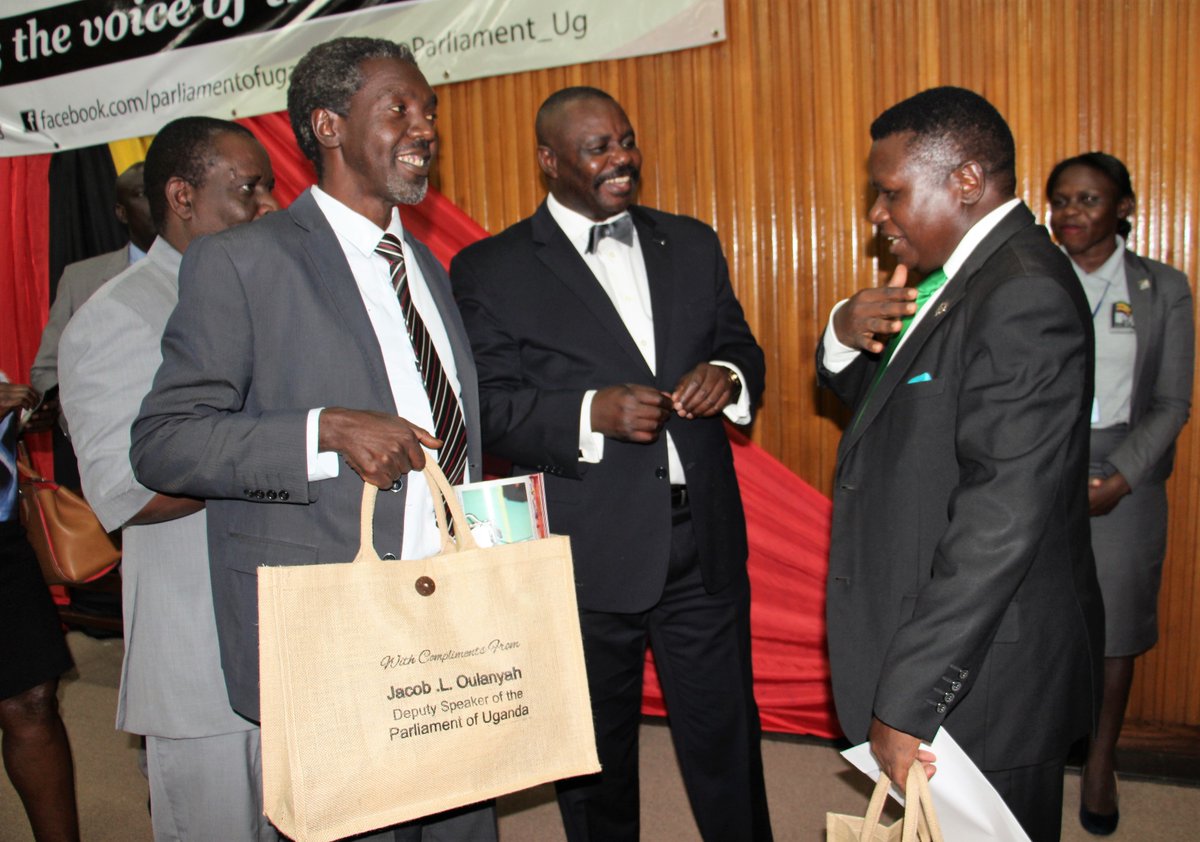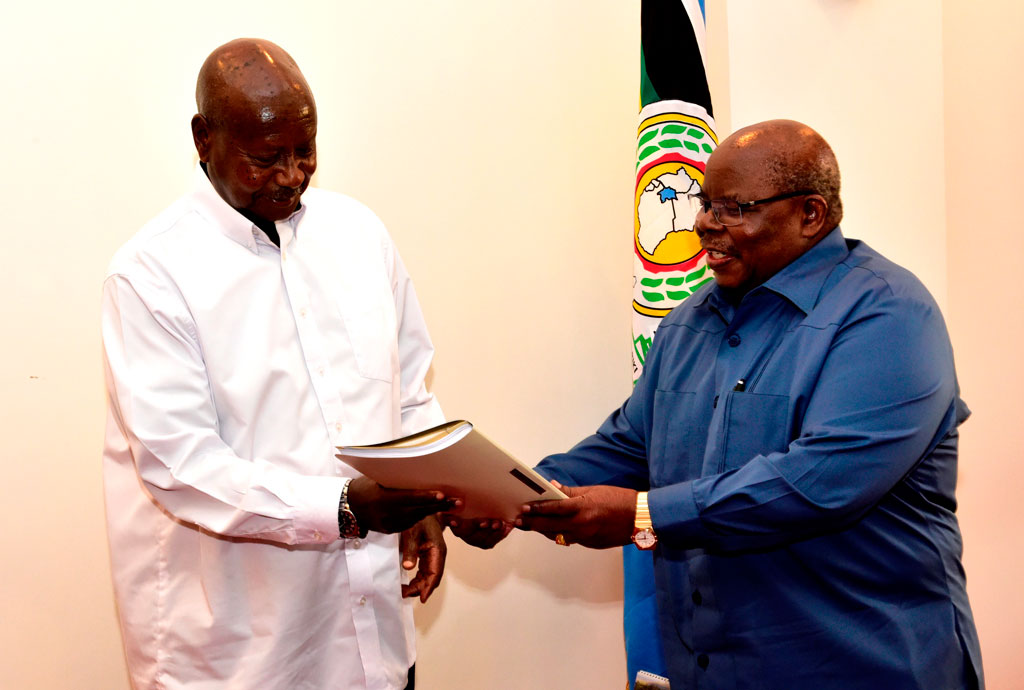Early 2016, Jenifer Alaroker was transferred to Lapuda primary school located in Paicho Sub County in Gulu district.
However, aside from teaching, she wasn’t prepared for the heavy load that lay ahead though she quickly adapted and fitted in.
“I was excited to be transferred but on reaching the school, I found many children with nodding disease syndrome in almost all the classes,” she narrates.
Alaroker remembers that these children would get seizures frequently.
Thankfully, the majority of the pupils have improved after they were started on drugs and supplements.
“It would get worse if they took a long time to eat. This disease and hunger are incompatible. When they get seizures, they become wild and just after a few minutes, they start falling; one after the other. There is no way a teacher can continue teaching because at this point the class gets distracted,” she shares.
Alaroker is quick to add that in such circumstances, teachers have to embark on helping the children.
When asked how the male teachers manage to help the female pupils, Alaroker highlights that female teachers are always on standby to help those pupils and besides, teachers work as a team.
“We start by removing furniture from where the pupil has fallen and create for them space to roll and fold,” she says.
Afterwards, they hold them so that they don’t injure themselves. It takes some time for them to normalize.
Elsewhere, when the pupils are out playing, the teachers and prefects keep an eye on them.
They ensure to protect them from hazards that can hurt them.
“We ensure they are away from things that can hurt them like stones, water and fire,” Alaroker explains, adding that, “If a pupil falls in a drum of water when no adult is around to help them, it becomes difficult to save their life.”
Usually, when the children get seizures, they wander off since they are not in their right state of mind. They therefore need care all the time.
According to Alaroker, these children are rarely happy like their counterparts. After they get the nodding disease, they become sad, weak and withdrawn.
Fortunately, when they start treatment and supplements, they get better.
“Those who get drugs, nutrition supplements and rehabilitation services improve greatly,” she elaborates.
“They grew up well, put on weight and their cognitive functions improved,” she emphasizes.
Before Covid 19 lockdown, Alaroker says, the school used to prepare meals for pupils but they would ensure the food is prepared and served far away from the children.
They would secure them from fire and hot food. And also, the teachers would keep the pupils away from the borehole because even if it is a small pool of water and they fell in it, they can’t survive.
From 2016-2019, Alaroker reports that the school lost more than five pupils. These died of accidents from their homes. They got seizures while drawing water from the well and drowned.
Meanwhile, at school, once the teachers see the signs such as the pupil becoming wild, they quickly give them attention all while talking to them.
“Sometimes when you calm them, they don’t get the attacks,” she says.
The teachers also caution other pupils and peers of the sick pupils against being rude to them. They discourage them from playing rough games as well.
“In class, we cater for individual needs. We keep it at the back of our minds that among our pupils there are slow learners,” Alaroker explains. She adds that they handle them in a special way to keep them interested in education because the majority lose interest and drop out of school.
They also encourage them to concentrate on their studies and avoid beating or uttering words that demean them but instead counsel them and if they come late or miss school, the teachers talk to the parents to find out why.
“We thank government for availing the children with supplements through the National Medical Stores,” she applauds
“They always tell us when they are going to pick the medicine and supplements from the health center,” Alaroker says.
She further says because of proper management of supplements at school, the children’s lives have been saved.
“It is vital that school leaders ensure transparency in the management of these critical and life-saving supplements. When children miss the supplements, their health deteriorates and they get frequent seizures, compelling their parents to keep them at home and in the long run, some have ended up dropping out of school,” says Alaroker.
When they are on constant medication, they are active, healthy and participate in class. They also try to be close to others though they lag behind since their brains are weak.


